If I use the CloudBlobClient from a WCF service that sits in my
WebRole, to access blobs (read/write/update) , so :
1) Does read/write/update charge as transaction or are they free ?
Transaction metering is independent of where the requests are made from. Storage read/write/update is done via REST API calls (or through an SDK call that wraps the REST API calls). Each successful REST API call will effectively count as a transaction. Specific details of what constitutes a transaction (as well as what's NOT counted as a transaction) may be found here.
By accessing blob storage from your Worker / Web role, you'll avoid Internet-based speed issues, and you won't pay for any data egress. (Note: Data ingress to the data center is free).
2) Does the speed of accessing those blobs is fast as mentioned in the note ?
Speed between your role instance and storage is governed by two things:
- Network bandwidth. The DS and GS series have documented network bandwidth. The other sizes only advertise IOPS rates for attached disks.
- Transaction rate. On a given storage account, there are very specific documented performance targets. This article breaks down the numbers in detail for a storage account itself, as well as targets for blobs, tables and queues.
